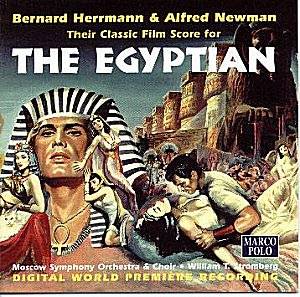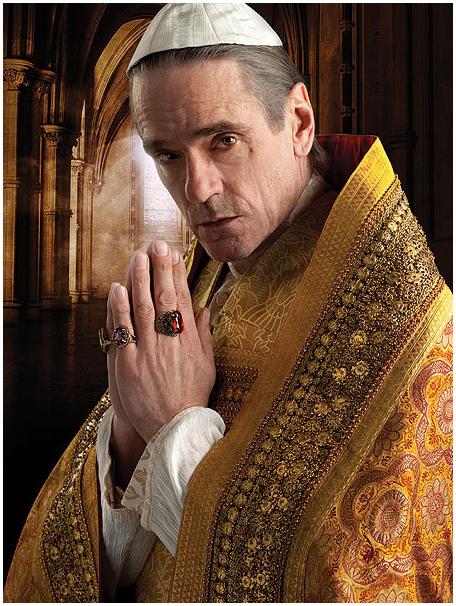Me, I never so much as played an actual arcade version of PacMan. I think we borrowed a neighbor's Atari briefly in about 1979, so I probably have half an hour's worth of Pong under my belt. But I am in no way a reasonable critic.
I am, however, a competent writer, and a smart enough consumer of entertainment to feel my opinions have at least some weight. And so I will venture to make this post.
With all my recent observations of histfic in theaters, what I haven't explicated is what these films are all starting to look like. Which is: video games.
I may not play them, but it would be the rare bird indeed, in our cultural environment, who couldn't identify some of the signifiers of the current aesthetic of games, and recognize that the division between filmic design and game design has been merging for a fairly long time now. It's hardly new, and I'm not pretending to post news here, but the extent to which games have come to influence the look of films - and the content - has become almost startling.
It's not a loss, as such. MGM's old historical epics are hardly the stuff of art, as much as I do love them.
But I did grow up on a certain sort of sepia-toned expectation, a mindset I don't feel much need to change, wherein historical fiction = tea-washed images of a certain brand of ponderousness we read as either romance or majesty, depending on the plotline. Even CGI didn't take that away ... for a while.
Historical Drama, we have been taught, looks like this ...
Lush.
Historical fiction - one of the reasons I have always loved it - has a seductive promise about it. Even a story centered on evil looks inviting. This comely, stylized persuasion away from my every day is, for me, the very archetype of storytelling. "Once upon a time."
In the context of female leads in particular, though, historical fiction is looking more and more every month like video game box covers.
This isn't a bad thing per se. But CGI is making things look so much busier - nothing seems left, in these worlds, not production designed ... nor computer designed ... to within an inch of WSD. The color saturation of the 50s pictures has given way to an anime look right down to the way everything appears limned with cartoon black lines, to the way everything in a frame, in every image, seems to exist emphatically on its own, making the picture seem too full. CG's capacity for detail can lead to a visual clutter, and you get in cinematography the same thing fashion has come to in the past 15 years or so. It's all too much. "Too many notes, Herr Mozart."
The trend isn't one I can fairly lay value judgments on, but the trends in storytelling, going along with these aesthetics, seem to me discouraging. The arc for female leads, particularly, has gone off the rails - nothing may be realistic; not a figure, not a piece of wardrobe, and least of all a character's basis in reality. Women have, in film as in gaming and in fanfic, become automatons.
There will be legions who would shout me down (if only I had the readership) but Ass Kicking Female Leads do not strike me as an excellent development. It's still required that these images onscreen must be pneumatic or unrealistically willowy - the bodies of perfect movie star(let)s, not the flesh of actual womanhood. Cup sizes may somewhat have diminished, since this brand of AKFL emerged from the venues attended by fanboys alone, and fantasy literature has allowed female authors success, but their entry into the realm of other genres and other media has made even the painful Mary-Sue-dom of proto-feminist characters cast in historical settings (and, all too often, extremely attractively corseted) seem dead-on in terms of verisimilitude.
The new breed of histfic in theaters has the appearance of focusing on sound and fury, and signifying nothing. Now, I have not seen certain of these productions, to be honest.
But part of the reason for this is that the ideas seem so stripped down. The urge to make histfic sellable redefines "EXCITING", unfortunately, as "loud, busy sensory overload" ... and story seems to be a thing to be avoided.
This is why I never got into video games.
I know story has become much more important over the years. But, at the end of the day, when even a gamer wants to be told a story, a BOOK (or a movie) comes closer to the idea of the concept; a game - even with great actors voicing it, great art directors making it look "painterly", and people who do not, I believe, find as wide a literary readership for their scripts as do, still, actual novelists - isn't the object we turn to for story, for plot, for literature. Art - yes. But this particular type of it - is not the first point of contact for storytelling. There can't be time to absorb a story - a well-drawn *character* - when it is necessary to fight, to kill, to MOVE your own way from screen to screen.
And movies are starting to move like that. To feel the same way.
The *reason* I haven't seen Downey's Holmes, nor will see the new Musketeers, nor Anonymous (yes, apart from the heresy it entails - heh) is that they look to me like video games. And I don't play video games. I find it impossible to be drawn into video games, because what they expect of me is alien to my mind's understanding of the concept of entertainment. I want to see characters and motivations, and the action films in particular taking their cue from VG aesthetics appear to reduce the the latter to "GIT 'em all" and the former to cardboard cutouts of the most depressing non-charisma. I say "appear" because, obviously, I know I am not without bias. But the marketing of these films is designed to demonstrate their content - and nothing I have seen in the marketing as yet has indicated any premium placed on writing at all; on character, development, or motivation. These are movies which don't want me as a viewer - so I feel little guilt not signing on to be one, nor even in judging them based on what I have had put before me to judge.
It's hard for me to say I am deeply dismayed by the development. I know that movies now are not less realistic than they were in the Brynner days above. I know they're not even less *artistic*, as such. It's just that the art, now, is not of a type I find appealing.
***
DISCLAIMERATION
Like any other would be debut author, I have indulged in casturbation. Of course I have. I don't *believe* in Hollywood coming a-calling. But I believe in my work - and I know it is entertaining. I do find it possible to imagine its being optioned for another medium. It may almost be necessary for an aspirant to have dreams like this - their being realistic being beside the point in a way. Yeah, it gets in the way for some (see also: that link), but we all have to have some goals and hopes, and for me this one doesn't distort the work at hand nor what I hope/expect to get out of it. So what I have to say above carries the imaginary and extraneous fear of "what if this could ever be my work?" ... certainly something centering on battles, power, featuring a strong female lead, and featuring all the lovely lovely action of a barbarian monarch's forging of a(n) (in)famous dynasty could lend itself to a whole buncha medieval-geek gaming style cinematic excess. Even I don't claim my work is burdened with artistic depth. It's good story telling.
But that is the point.
It is a story. It's a ripping yarn. But without its characters ... it would be *less*, to me.









No comments:
Post a Comment